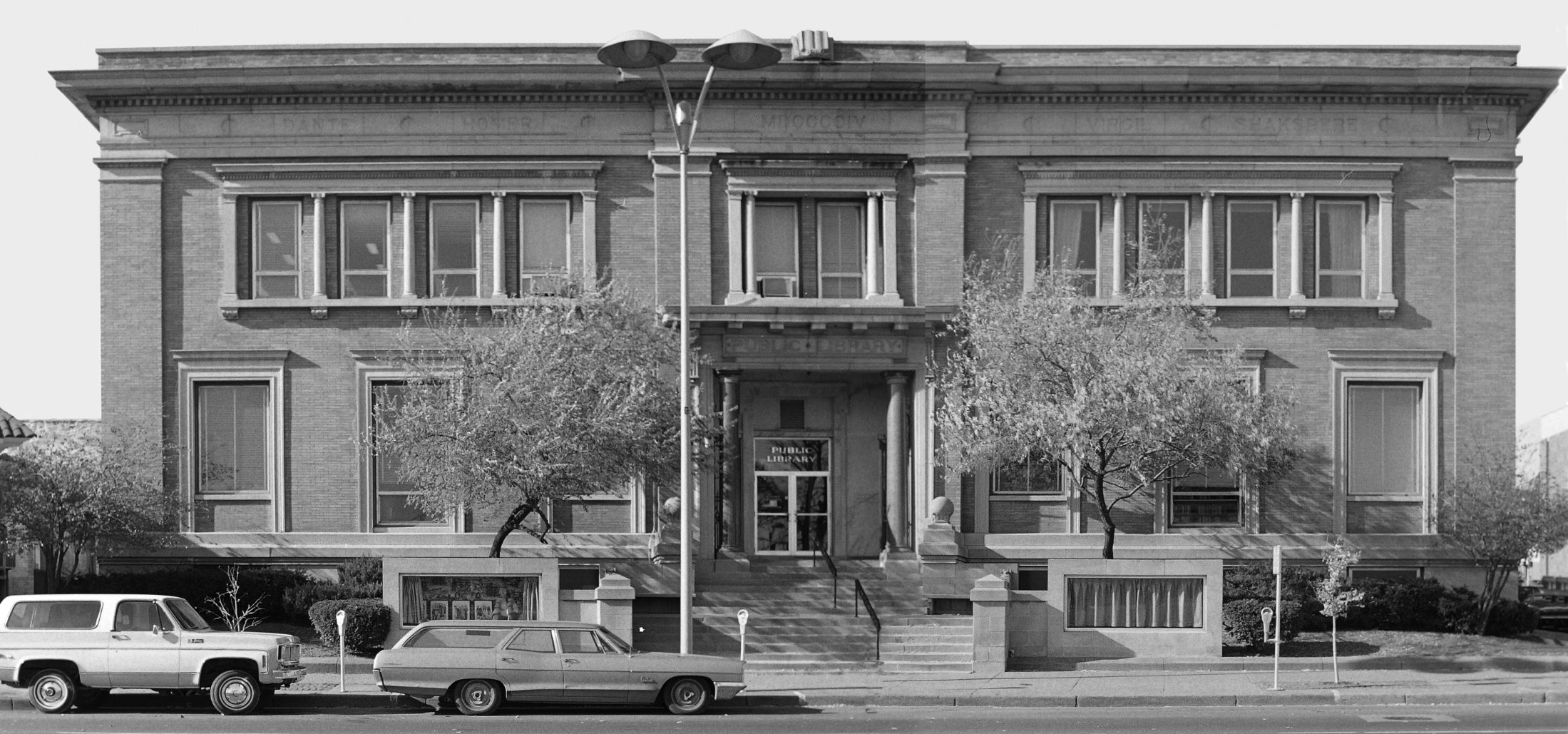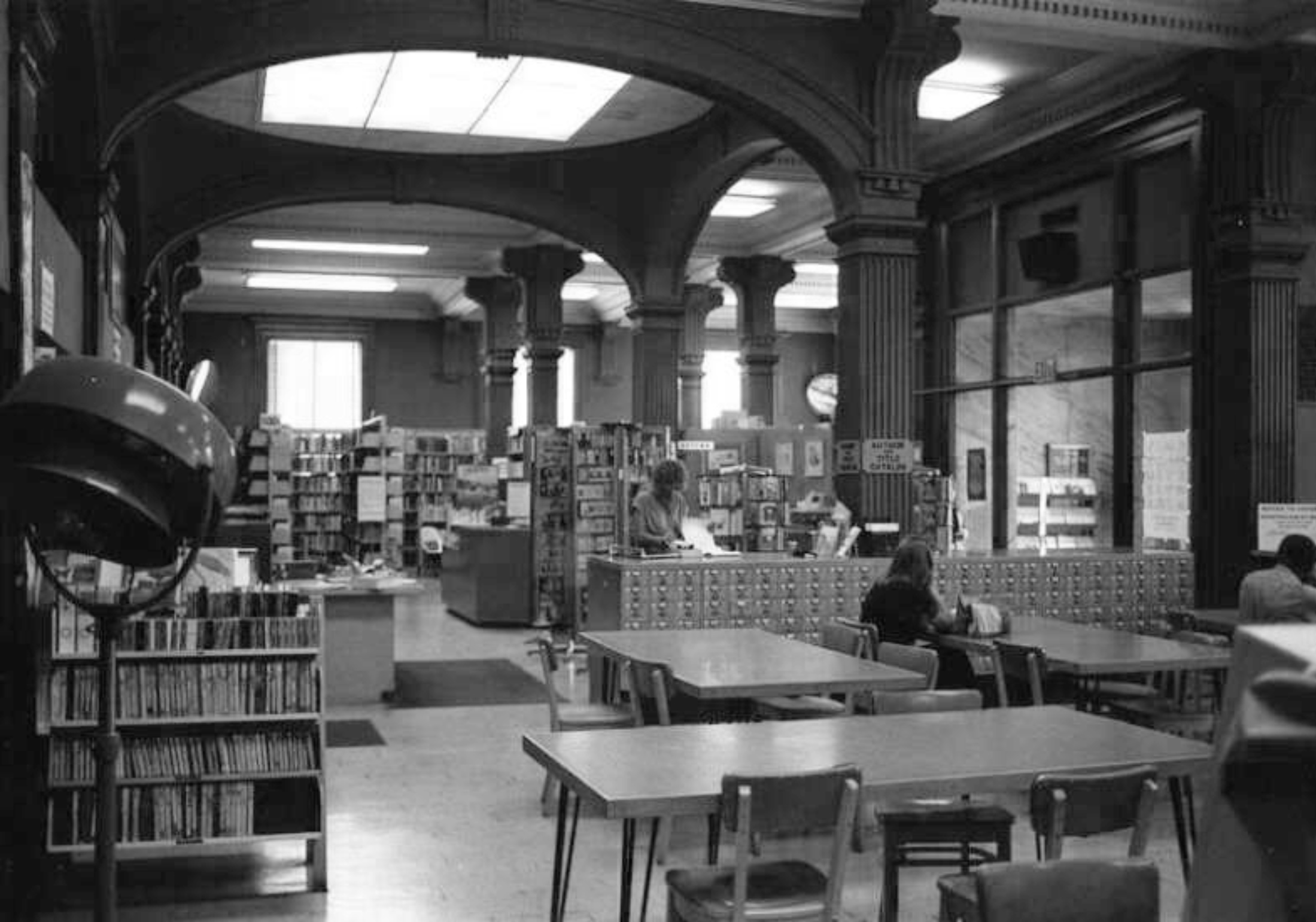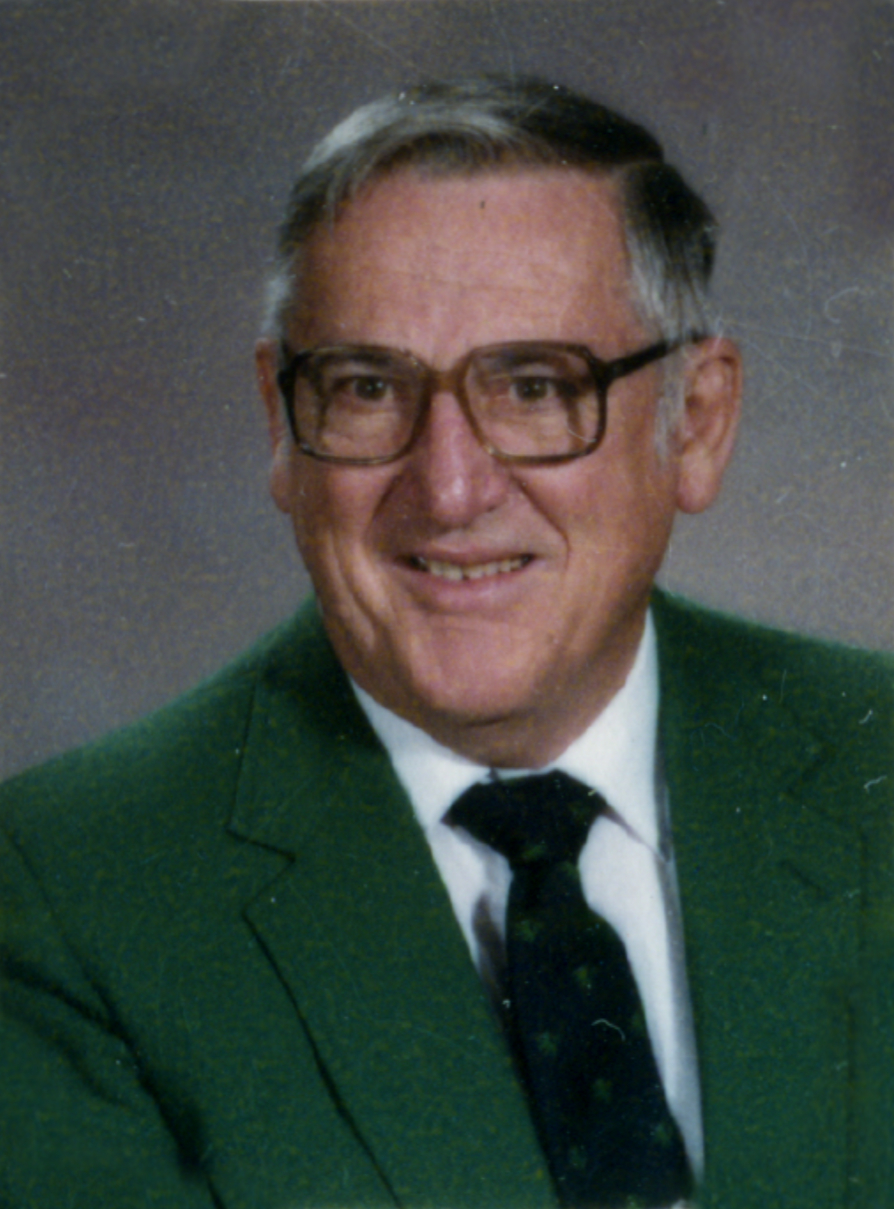What was your first boss like?
Butch
Well, I suppose my first boss was the head of the paperboys at the Gazette, Ed Alderman. He was more of a division overseer than an actual boss though.

I think my boss at the Public Library, a woman named Margaret, would be a better choice to talk about. I got a job as a page at the library when I was in high school. My duties included shelving returned books, retrieving seldom asked for items from the basement, getting old, bound volumes of newspapers and magazines, also from the basement, and “reading the shelves.” None of this work was too demanding.
The duty that was most interesting was “reading the shelves.” Every shift we worked, we were expected to “read” two bookcases of books. There was a reading journal kept. You would get it and see what the call number was for the last book that was reviewed, then go through the next two bookcases of books. The idea was to look at each book, one by one, and make sure it was shelved in the proper order according to the Dewey Decimal System for non-fiction or by author’s name for fiction. It was also the thing that got me into the most trouble. Not because I didn’t do a good job, but because I always violated one of the most vigorously enforced rules of “reading.” Library pages were not allowed to look at the books they were working with. If your job was to check the order of every book in the library that you came into contact with, you were bound to find some ones that were really, really interesting. Ones so interesting that you had to pull them out and have a quick look at what was inside them. I just couldn’t help myself. Every time I did this, I would look up at the end of the stacks and there would be Margaret, scowling and fuming. I’d get a stern warning. This must have been a pretty common occurrence for all pages considering that they hired the brightest and most literate students to do the work. Hence the rule. You would think that my interest in what I saw kept them from getting the full value of the 85 cents an hour that they paid me.

You were on probation for the first three months you worked at the library before you were taken on full time. At the end of my probationary period Margaret called me in and told me they were going to terminate my probation. It was a blow to be fired.
Karen

My first full time professional job was when I was hired as a teacher at Prairie View Elementary in the College Community School District. My principal and the man who hired me was Mr. Charles Swaney. I believe that I was a good candidate for a teaching job but have to admit that I was probably hired because I was acquainted with Mr. Swaney’s wife, Jan, and she had put in a good word for me. In 1976, there were a great many eager young teachers graduating from college and hoping to start their careers. Unless there was some way to distinguish yourself as a candidate, interviews and job offers were hard to come by. Never the less, I won an interview and was hired to teach a class containing a mixture of 25 second and third graders.
The job was unique. Prairie View was the newest school in the district and had recently adopted an individualized learning system developed by the Westinghouse Learning Company called PLAN. Mr. Swaney was instrumental in bringing this philosophy and specialized program to the district. I believe it was in its second or third year when I was hired but am not sure of that. There was a positive attitude toward making it work within the building but since it was imposed on other district schools, there was suspicion and distrust among teachers in other buildings, parents, and even the school board. On top of that, the building had been built as an open space learning environment with no walls surrounding each classroom. Classrooms were marked out with bookcases, chalkboards and cupboards and students and teachers could easily see and hear what was going on next door. Kids were meant to move among the team stations and complete learning tasks according to their needs. They were given short quizzes at intervals which were marked on computer cards and fed into a computer card reader. The results of the assessments would generate reports that would outline a individualized POS (plan of study) for each student. These were pretty advanced ideas and as a newcomer, I was surprised that Mr. Swaney was so close to the cutting edge. He was not a young man and seemed very traditional in his personality . I really don’t know how he became involved with it.
The teachers who had been in the building had received some training when the program was started. I had never heard of it until nearly my first day on the job and received absolutely no training or guidance about how to proceed. I had never used any type of computer nor did I know anything about the reports. Within a week I felt completely out of my depth and was scrambling to figure out how I could manage so many students who were all working on different concepts. I felt as if I never had any time to spend to directly teach students because all my time was spent managing their work. Luckily, teachers in the building were very willing to share ideas and coach the new teachers on their team and gradually I was able to get things under control. It was probably just that, under control, through my first year.
The community never did really get on board with PLAN and within several years, certain school board members were actively trying to get rid of it. Teachers were working very hard and the criticisms of the program began to feel like personal attacks on our work and professionalism. We had weekly staff meetings that often became so emotional that several teachers would leave crying. Thinking back, I’m sure this was a terrible time for Mr. Swaney and it is amazing to me that he was able to keep his job. Eventually, the whole thing was abandoned by the Board and we transitioned to more traditional ways of organizing learning with reading groups, science and social studies units, and organizing students into one-grade classes.
Through it all, I always felt that Mr. Swaney was much better at being a really good person than he was at being a good school administrator and principal. I always liked him personally but was not able to respect his professional ideas. Teaching seemed to be all made up of high ideals and moonbeams and not really related to practical ways to help kids learn and thrive. Certainly, there was no support for helping teachers use the expensive materials that were purchased from Westinghouse. Being a good principal is not easy. I think that many school principals at the time were trained to be managers of money, resources and employees without much emphasis on teaching and learning. Years later I got my Master’s degree in Educational Leadership which had by then switched focus to an understanding of curriculum, instruction, and the ways kids learn.
This post is part of the StoryWorth project that I am participating in.
At the ButchieBoy main page click the “StoryWorth” category to see the rest of the entries.
